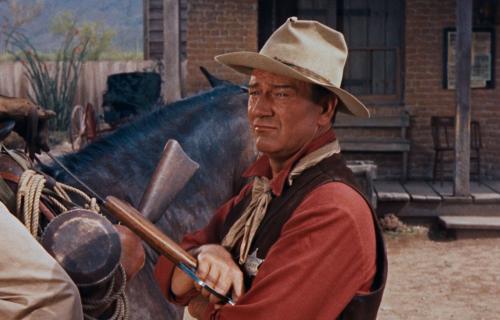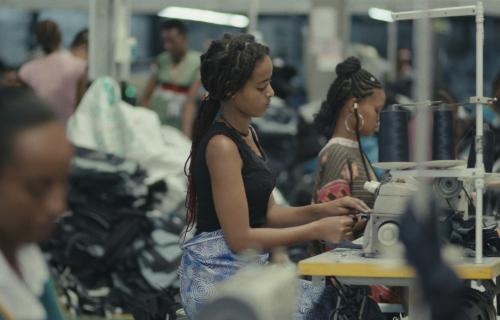Afbeelding
Een Japanse journalist reist naar Vietnam in de hoop om te rapporteren over de samenleving onder leiding van de Communistische Partij na de bevrijding. Met de hulp van een Vietnamees meisje ontdekt hij de pijnlijke en harde waarheid over het regime en zijn ‘Nieuwe Economische Zones’ in het naoorlogse Vietnam.
Hoofdinhoud
Media content
‘[…] Boat People is being handled like a keg of dynamite. The top-secret status accorded the film at Cannes was far from accidental. Originally it had been picked for the festival’s Main Competition. But the French Socialist government, anxious about their diplomatic relations with Vietnam, insisted on viewing the movie first-an unprecedented demand. The film was screened, festival director Gilles Jacob was told to remove it from the Competition, and Hui was given a choice between screening it in the Directors Fortnight or as the film surprise. In either case publicity was to be kept to a minimum.
She chose the latter. And the film was finally smuggled in, refugee-style, as a last-minute addendum to the official program, with unprecedented lack of fanfare.’
Harlan Kennedy in: Film Comment, Vol. 19, nr. 5, Sept-Okt. 1983, p. 42‘Merkwaardig genoeg lijkt Boat People een volstrekt a-politieke film. Het is alsof Ann Hui al die ideologische vooroordelen heeft willen tarten. Nergens neemt de film ekspliciet [sic] stelling voor of tegen een regime. Wat men te zien krijgt is een dramatisch verhaal. Weinig opbeurende avonturen van personages die niet louter goed of slecht zijn., maar gewoonweg mensen met angsten en verwachtingen. Boat People is ook geen vrijblijvend sprookje maar een keiharde story welke zich afspeelt in de minder romantische tijd na de revolutie. De “vertelling” staat bij Ann Hui tegenover de ideologie, als het feit tegenover de wens.’
Harry Eysakkers in: Andere Sinema, nr. 59, mei-juni 1984, p. 30



